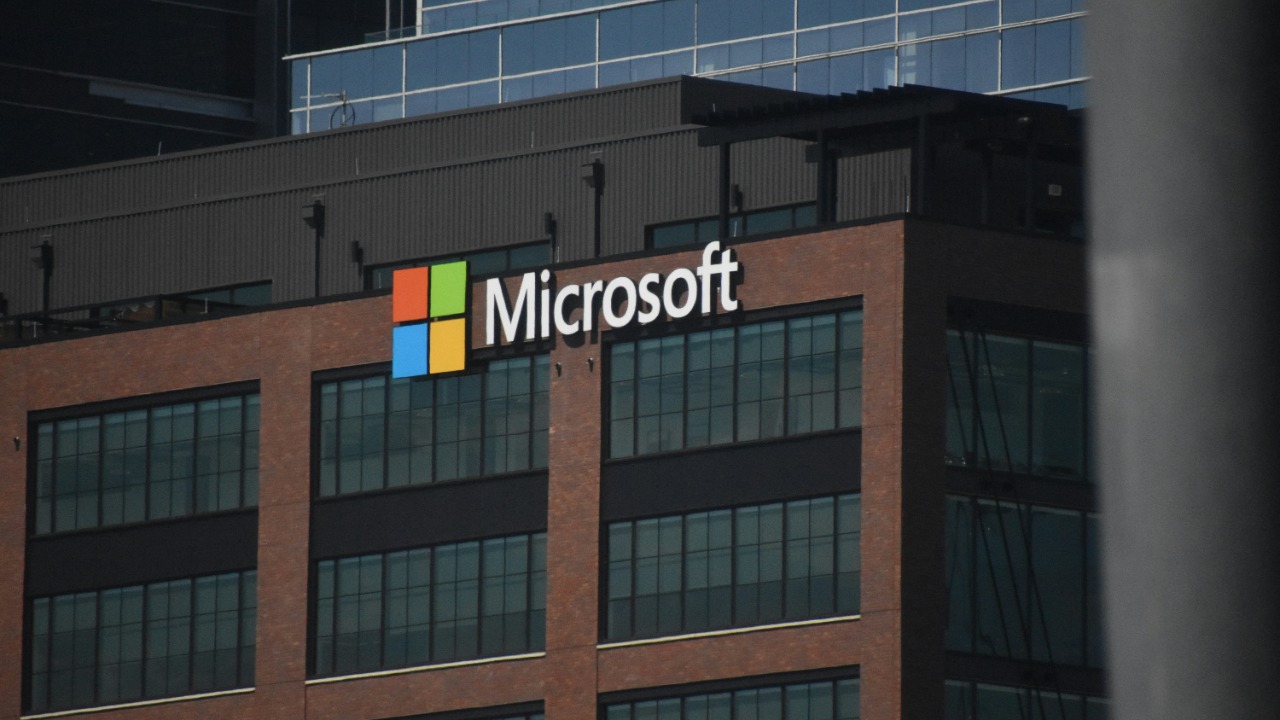
Cloud startup Lambda, known for its specialization in AI infrastructure, has entered into a multibillion-dollar agreement with tech giant Microsoft. This partnership, announced on November 3, 2025, aims to enhance AI capabilities by leveraging advanced cloud resources. The deal not only marks Microsoft’s aggressive stride into AI hardware and services but also underscores Lambda’s pivotal role in providing scalable GPU clusters, a critical component for training large-scale AI models.
Lambda’s Rise in AI Cloud Computing
Since its inception, Lambda has carved out a niche for itself in the realm of cloud computing, with a specific focus on GPU-accelerated computing for AI workloads. The startup’s early growth has been fueled by its commitment to providing accessible, high-performance infrastructure, a key factor in its current standing in the AI cloud sector. Lambda’s strategic investments in NVIDIA-based systems have positioned the company to cater to enterprise AI needs without the burden of on-premises setups.
Metrics on Lambda’s customer base further illustrate its market traction. The company’s services have been adopted by numerous AI research firms, a testament to its robust and scalable solutions. This strong market presence has undoubtedly played a significant role in attracting the attention of Microsoft and culminating in this landmark partnership.
Key Terms of the Multibillion-Dollar Agreement
The financial structure of the deal, valued at multibillion dollars, includes phased commitments for infrastructure deployment. The scope of the AI infrastructure involved is extensive, with Lambda’s GPU clusters set to be integrated into Microsoft’s Azure ecosystem. This integration will enhance AI model training, thereby boosting the overall efficiency of the system.
The agreement, announced on November 3, 2025, marks the starting point for joint development and rollout. While specific timelines and deliverables have not been disclosed, the partnership is expected to yield significant advancements in AI infrastructure in the coming years.
Microsoft’s Broader AI Infrastructure Strategy
Microsoft’s partnership with Lambda is a strategic move to counter competitors like AWS and Google Cloud in the AI hardware space. The deal is a pivotal expansion of Microsoft’s investments in AI hardware partnerships, aligning with the company’s goal to boost AI infrastructure through hybrid cloud solutions that combine on-demand GPUs with Azure services.
On the same day, Microsoft also announced a $9.7 billion deal with IREN to access NVIDIA’s Advanced GB300 AI Chips. This parallel effort underscores Microsoft’s strategy to diversify its supply chains and strengthen its position in the AI infrastructure market.
Technological Synergies Between Lambda and Microsoft
The integration of Lambda’s specialized AI cloud platforms with Microsoft’s software stack promises seamless scalability for AI workloads. This synergy is expected to bring significant benefits for developers, including reduced latency in AI training through Lambda’s GPU orchestration tools within Azure environments.
The partnership also opens up avenues for potential innovations, such as joint advancements in energy-efficient AI computing. This focus on high-performance infrastructure could revolutionize the way AI models are trained and deployed, leading to more efficient and effective AI solutions.
Market Impact on AI Startups and Investors
The multibillion-dollar deal has significant implications for the competitive AI cloud sector. It not only elevates Lambda’s valuation but also attracts further venture funding. The Microsoft-Lambda partnership sets a benchmark for multibillion-dollar infrastructure collaborations, influencing the strategies of other startups in the sector.
Investor reactions to the deal have been positive, with stock movements for Microsoft (MSFT:NASDAQ) reflecting optimism following the November 3, 2025, announcement. This partnership is seen as a strong indicator of Microsoft’s commitment to advancing its AI capabilities and maintaining its competitive edge in the market.
Challenges and Future Roadmap
While the partnership holds immense potential, it also presents certain challenges. Supply chain constraints for GPUs in the AI infrastructure space could pose hurdles in the post-deal phase. However, both Lambda and Microsoft have demonstrated their ability to navigate such challenges in the past.
The next steps for the partnership include expansion phases beyond the initial deployment on November 3, 2025. The long-term effects of this multibillion-dollar investment are expected to enable broader adoption of advanced AI models, thereby democratizing access to AI and driving innovation in the field.
More from MorningOverview